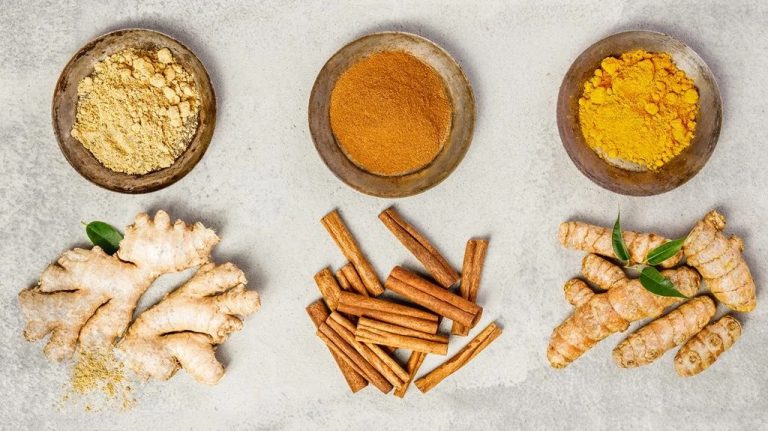Diabetic and pre-diabetic individuals must manage their blood sugar levels to prevent their conditions from worsening. These individuals typically make healthy lifestyle changes, such as diet and exercise, to manage their blood sugar levels. They can also incorporate natural remedies that combat high blood sugar. Among the various natural remedies are certain spices that are easily accessed, making them the perfect addition to your diet.
These spices not only improve your health; they add flavour to your meals and therefore make stabilising your blood sugar levels with spices a delicious experience. In this article, we will explore five spices shown to help reduce high blood sugar and support overall metabolic health.

1. Cinnamon: A Sweet Helper for Blood Sugar Control
Cinnamon is not only a flavourful addition to your baked goods, savoury dishes, and hot beverages; it is also a well-known spice for regulating blood sugar. Cinnamon’s bioactive compounds, such as cinnamaldehyde, improve insulin sensitivity. This supports the body’s ability to efficiently process glucose.
Studies have shown that cinnamon is effective in lowering fasting blood sugar levels and improving haemoglobin A1c. A1c is a well-known long-term marker for blood sugar control. Research indicates that cinnamon supplementation increases the body’s ability to use insulin effectively, reducing blood sugar levels.
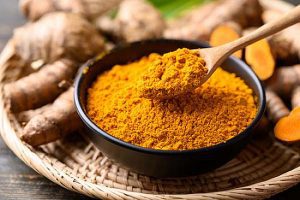
2. Turmeric: A Powerful Anti-Inflammatory Spice
Research shows that the curcumin compound found in turmeric can effectively improve insulin sensitivity and lower blood sugar levels. This compound is rich in anti-inflammatory and antioxidant properties. One of the contributors to high blood sugar is chronic inflammation, which also promotes insulin resistance. According to research, curcumin supplementation helped reduce blood sugar and improve insulin sensitivity in diabetic participants.
Turmeric is commonly found in curry powder and is a delightful addition to soups, teas, and golden milk. Mixing this golden spice with milk and a sprinkle of black pepper enhances absorption.
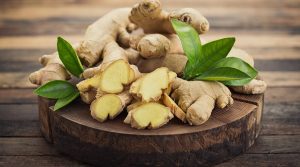
3. Ginger: A Versatile Root for Blood Sugar Support
Ginger is an easily accessible spice that is typically brewed into tea or used to add flavour to many dishes, including breads, sauces, curries, pickles, and confections. Aside from adding flavour, ginger is also praised for its healthy properties. It is rich in anti-inflammatory properties, which can help regulate blood sugar levels. Ginger is believed to enhance insulin sensitivity, reducing blood sugar levels after meals.
Ginger supplementation significantly reduced fasting blood sugar levels in individuals with type 2 diabetes, as per research. Ginger may also help reduce HbA1c, a long-term marker of blood sugar control.
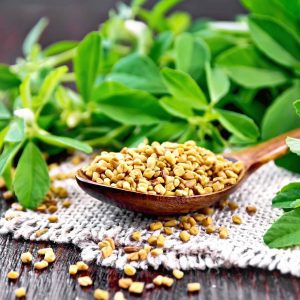
4. Fenugreek: A Nutrient-Dense Spice for Glucose Control
For centuries people have turned to fenugreek seeds to stabilise their blood sugar levels. These seeds contain compounds that may promote insulin secretion. They also slow down the absorption of sugar in the bloodstream because they are rich in soluble fibre. The fibre in fenugreek seeds also supports your digestion, improving your overall metabolic health.
Research indicates that fenugreek significantly reduced blood sugar levels and improved glucose tolerance in individuals with type 2 diabetes. These seeds are often added to curries, soups, or brewed into a tea.
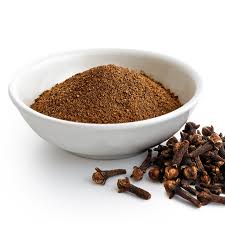
5. Cloves: A Fragrant Spice for Blood Sugar Balance
Cloves are a multipurpose spice that is used in both sweet and savoury dishes, including baked goods, meats, curries, hot beverages, spice blends, and fruits. Aside from adding flavour, cloves are also beneficial in managing blood sugar. A compound in cloves called eugenol effectively improves insulin function and may help prevent spikes in blood glucose levels after meals.
According to studies, cloves significantly lowered blood glucose levels and improved insulin resistance in diabetic rats. While further research is needed on humans, adding cloves to your diet could offer potential benefits.

